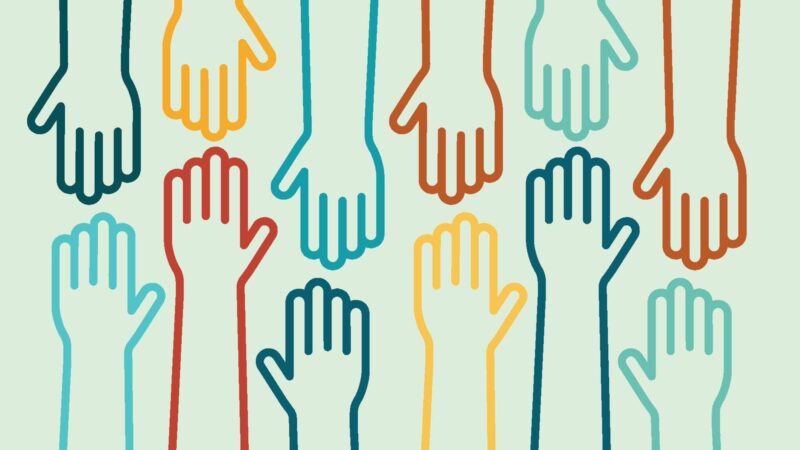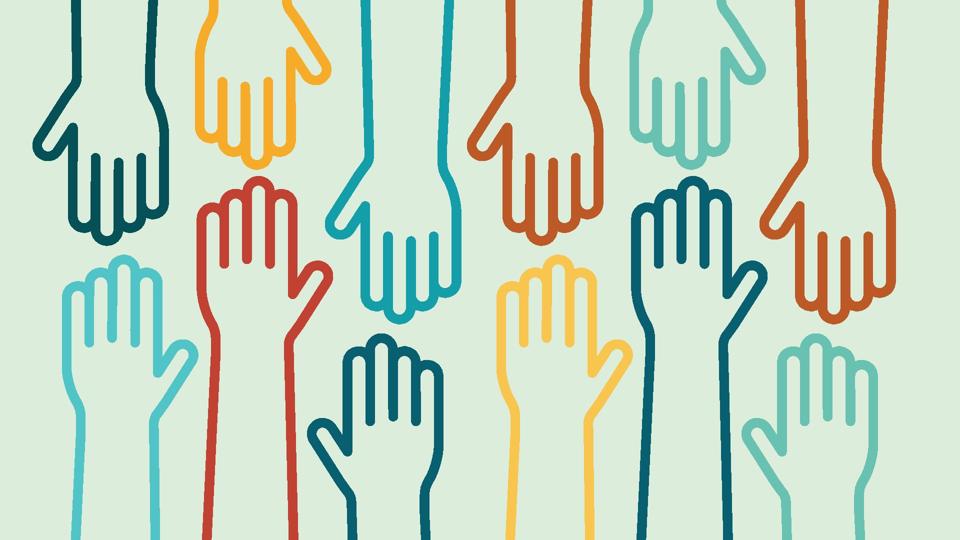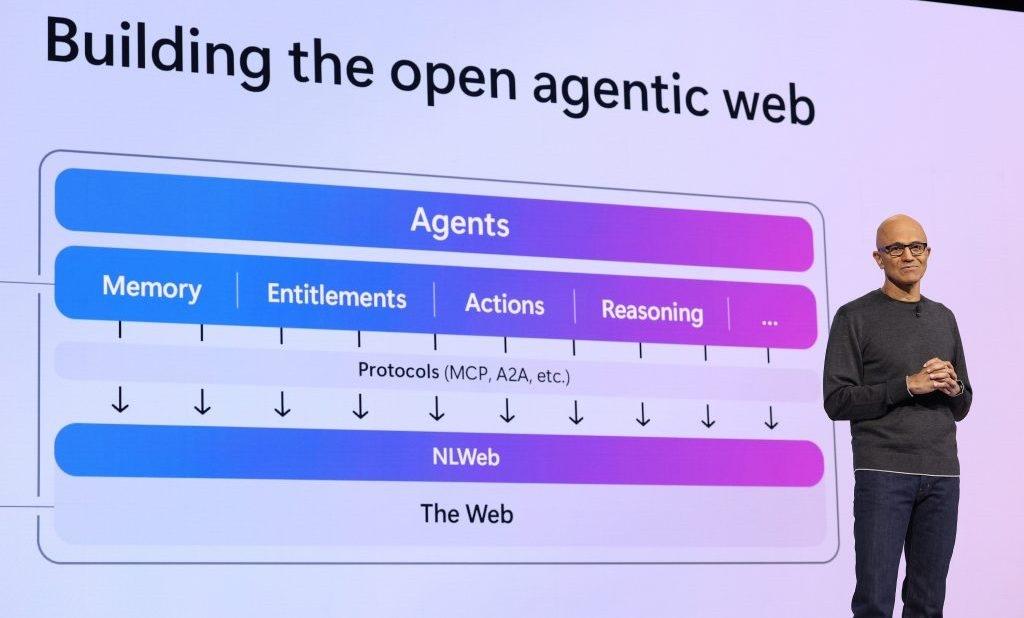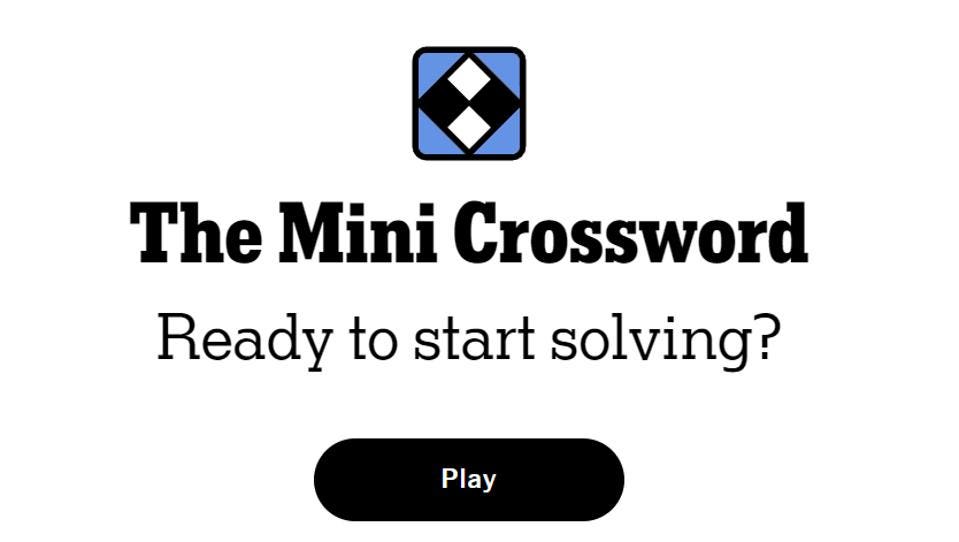Are you so focused on achieving your goals that you’ve ended up feeling isolated and missing the connections that could truly boost your well-being?
getty
Take a minute to think about the times you’ve felt most alive. There’s a high chance those moments might have involved other people. Maybe a shared laugh, a group accomplishment or just simply feeling understood. Even the celebration of an achievement feels greater when you share it with the people you love, and feel the support from them in turn .
Connection is merely a basic human need. From an evolutionary perspective, our ability to thrive has always depended on belonging to a community. Despite that, today there is a sharp focus on achievement and individual success.
In my interview with researcher Taylor West, she explained to me, “Even casual, ordinary interactions with people we don’t know matter for our well-being. These seemingly mundane interactions while out and about are actually what make us feel a part of society and give us a sense of belonging.”
However, in the rush of life, it’s easy to underestimate how much these small connections shape our sense of belonging. Only prioritizing productivity or individual milestones can put you at risk of cutting yourself off from the very fabric that supports your mental and emotional well-being.
It cannot be denied that focusing on your goals does bring a certain degree of freedom and opportunities. In a society where most people tie their identity largely to their professional life, a sense of competition is bound to arise.
However, research has shown that people who value egalitarian social relationships, that is, those who prioritize equality and group harmony, were found to feel less lonely.
On the contrary, people who value individual achievement along with hierarchy and competition experience higher levels of loneliness. The study highlights the importance of intentionally focusing on building connections and diverse group memberships.
This could mean joining different groups that meet your different needs.
A 2023 study published in Personality and Social Psychology Bulletin backs this hypothesis. Researchers from the study found that people who participated in a diverse mix of groups reported higher well-being. These groups ranged from creative and skill-based communities to social circles.
This effect was seen due to increased creative self-efficacy and reduced loneliness. As a part of the same research, researchers conducted a larger longitudinal study of over 5,800 adults in the UK. This study confirmed that group-type diversity predicts higher well-being. This effect was seen to be true even after four years.
So, if you’re looking to enhance your well-being and build lasting connections, here are three types of groups you should join.
1. Creative Or Skill-Based Groups
The very essence of creativity is seeing problems from new perspectives. A creative mind in action can generate multiple solutions and connect ideas in novel ways.
Creativity also enhances your ability to adapt to change because your mind is primed to accommodate others. All of this to say, exploring your creative side has various mental health benefits that many are unaware of.
For example, a 2024 study found that having confidence in one’s creative skills can enhance both short-term and long-term mental well-being. By developing confidence in your creative abilities, you are also building up your mental resilience.
Further research from Thinking Skills and Creativity suggests that creative tasks boost positive feelings. The study also noted how engaging in creative tasks allowed the participants to express themselves freely and feel in control. So, on the surface, you may be crocheting a beanie in your weekly club meeting, but, in the background, you are also boosting your sense of autonomy, which leads to a ripple effect of positivity.
The benefits don’t stop at the individual level. A study of 231 university students working in teams found that groups with a variety of creative skills produced more innovative results. In contrast, the aggregated individual talent of members alone did not show team creativity.
Another finding was that collaboration among members enhanced outcomes even further. This suggests that exposure to diverse perspectives and collective problem-solving is crucial for maximizing creativity.
Thus, joining a creative or skill-based group helps you step into a space where new perspectives meet, which only helps you broaden your perspective and have the same impact on others.
Creating together in a community can largely expand the scope of how you grow as a person and in the art you practice. Your mind opens up when you get to see people express themselves in different ways; your appreciation for others goes up without the petty jealousy or one-upping that usually comes with competition and individualism. The bonus benefit is you that get to learn something while you connect with others, too.
2. Volunteering Groups
When you help others, it enhances your well-being as well as the well-being of the people you help. In a 2025 study, researchers aimed to understand how volunteering contributes to social connection and well-being by studying the real lived experiences of volunteers.
The study distilled two important insights. Firstly, by participating in volunteer activities, you form new relationships as well as take on meaningful roles within your communities. These groups allow people to express themselves and help cultivate empathy.
Another finding was that volunteering enabled the creation of spaces that builds trust in shared activities. In other words, helping others while working in a team toward a collective goal triggers shared positive emotions, which reinforces your self-worth in turn. Being part of a group amplifies these effects. This is because working for a good cause together with people creates accountability and mutual support.
However, it is important that personal well-being shouldn’t be the primary goal of volunteering. The focus should remain on genuinely supporting others, and the emotional and mental benefits will naturally follow.
As a whole, volunteering truly has the power to transform you into a better human being. It helps you cultivate the art of patience and compassion by learning to appreciate diverse perspectives and life experiences.
3. Faith-Based Groups
Faith-based groups offer something uniquely powerful. Members often report feeling a sense of meaning that goes beyond the self. These communities have the power to add a new dimension of community and oneness in people by fostering transcendence, which is the feeling of being part of something larger than your individual life.
What’s interesting, however, is that these groups don’t necessarily have to be based in religion. It can be groups that have shared spiritual practices or faith, from meditation to prayer. For many people, this deeper connection can nurture resilience and reduce stress by building a lasting foundation of hope and purpose.
A 2022 study published in the Journal of International Humanitarian Action explored the role of these communities in peoples’ lives. The authors studied how faith-based communities and leaders provide spiritual and psychosocial support during the COVID-19 pandemic.
They tapped into data collected by World Vision International, the world’s largest child-focused humanitarian and development organisation, across 70 countries. They focused on how faith groups responded to the anxiety, fear and social isolation caused by the pandemic and lockdowns, particularly in low-income and emergency settings.
Results showed that faith-based communities played quite an important role in supporting individuals’ psychosocial needs. They often provided the dual benefit of spiritual care supplemented with practical and emotional support.
The findings highlight that faith groups help people cope with the fear of uncertainty, a key vulnerability of the human condition. They also emerge as uniting forces in the face of crisis and widespread upheaval.
Whether it’s a local church or a spiritual study group, these communities create spaces that give you a safe place to share your experiences. They offer encouragement and look out for one another.
For instance, a group member may notice when you’re struggling and reach out. The group may organize uplifting activities or simply offer a supportive environment to reflect and process your emotions.
Over time, being part of such a group can help you greatly by helping you navigate life’s challenges with the support of others who share the same values and practices as you.
Why Groups Can Help You Thrive
Focusing on yourself as well as your goals is important, but it is equally important to remember that well-being doesn’t exist in isolation. And that connection is not just a social luxury. It is a foundation that supports your growth and resilience.
When you build on your connections in groups, you also strengthen your ability to navigate challenges and maintain mental clarity. These benefits don’t just stay in group settings; they will flow into all your relationships.
The more you meet diverse groups of people, the more you learn to practice empathy and collaboration. This can help you respond calmly in personal relationships. The confidence, broadened perspective and problem-solving skills you gain can carry over.
This can make your interactions with family, friends or partners more harmonious. In essence, the growth and support you experience in one setting ripple into all areas of your social life.
So, even on your busiest days, make a conscious effort to involve yourself in groups and connections. You may not be able to do it every day, but even setting aside time weekly can make a world of difference to your well-being.
Take this science-backed test to find out how connected you feel in your life: Social Connectedness Scale









